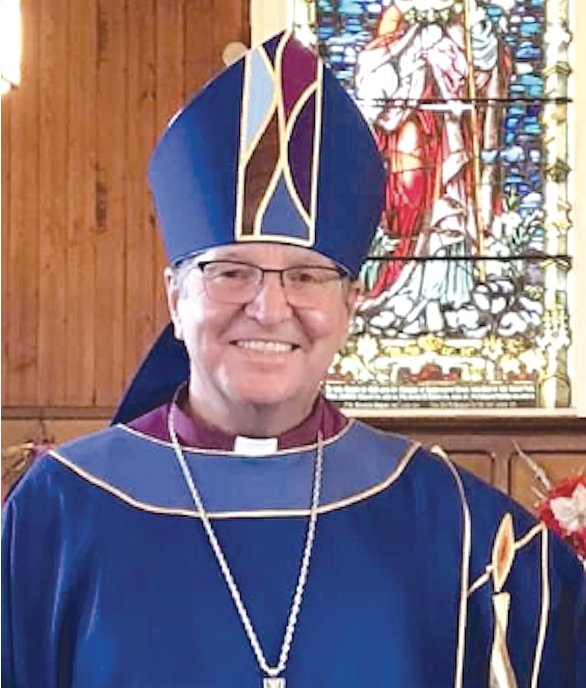One of the givens of Christianity, from it’s beginning to now, is its power to transform lives. Those first disciples called by Jesus were never the same again. They had their moments of failure, but overall they more than fulfilled the mission of sharing the Gospel of Jesus Christ near and far, until it circled the entire earth and changed the lives of billions of people as well as nations and cultures.
Today we can feel that Christianity is waning. A deeper look however reveals that there are approximately 2.4 billion adherents to Christianity around the globe. Census 2021 revealed that in Newfoundland and Labrador, 21.5% of the population identified as Anglican, some 110,000 people! Add our sister-churches and Christianity are alive and well in our province.
That being said, there is a recognition by mainline churches in Europe and North America of declining numbers. There are fewer and fewer people in the pews on Sunday mornings. The reason for this is neither simple or singular. Secularization has a part to play. Wrongdoing has a part to play. Christian formation has a part to play.
There is room for repentance and profound change.
Some of this repentance and change must come from within each individual member of the church. Each Christian must be genuine and intentional about their own health and well-being, their own transformation by God’s Spirit, especially to be people of love, joy, peace, patience, gentleness, kindness, and self-control. There is a daily demand to sit under the influential rays of the Holy Spirit and be more and more transformed into Christ-like people.
Hate must give way to love; war to peace; selfishness to selflessness; self-interest to other-interest; exploitation of the earth to its conservation; racism to equality; despair to hope; indulgence to discipline.
It is a healthy relationship with God that can help us with all that. Not religion for it own sake, but a faith that is rooted in what is core to that religion. And for Christians that is Jesus Christ. It is where we meet the depths of humanity’s best and also where we meet the spiritual, the divine. As we draw closer, knowing Jesus better, the Father better, and the Holy Spirit better, we will be transformed more and more into a person worthy of the name of Christian. We will also transform our faith community, the church, to be aligned with its truest core and good.
We can be hopeful for Christianity. We can be wonderfully transformed and empowered by following Christ and belonging to his body, the Church. There is required of us an openness to spiritual growth and transformation. We cannot stay the same but must always be maturing in Christ. Our Christian formation cannot just be confession but also profession. Following Christ is a way of life; it demands everything of us. It is costly. But that costly following will make us new and produce in us fruit that heals and does not harm, builds up and does not destroy, gives life and not death.
There is no lack of a future for such a faith and its practice!




